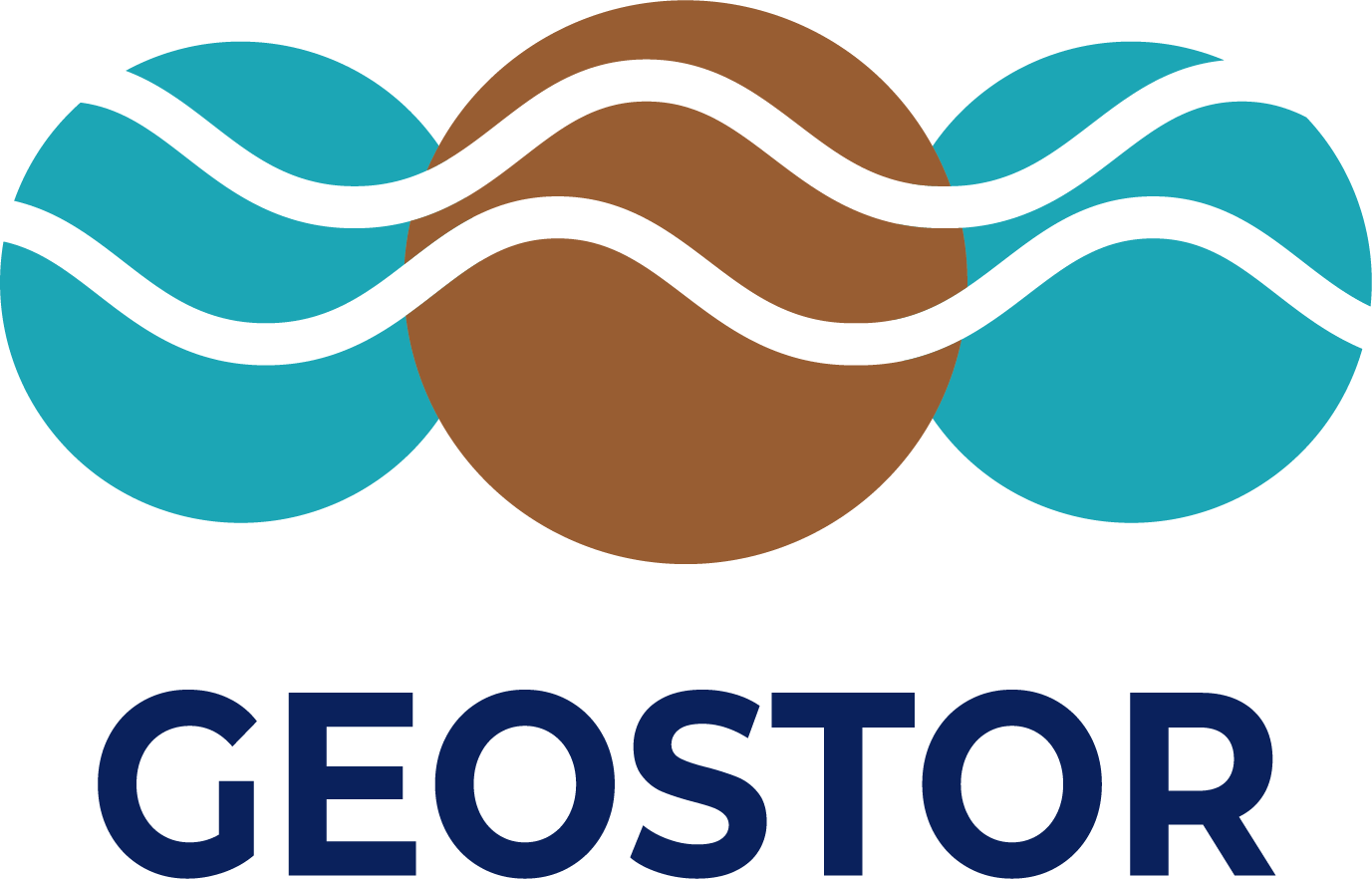Technology and costs
How can CO2 storage be technically realised and what does it cost?
The technical concept for storing CO2 is not a novelty – CO2 has already been stored underground in the seabed in Norway for several years. However, so far only CO2 that is separated from natural gas – on site – has been used. CO2 transport from land to offshore storage has therefore not yet been realised on a large scale. The GEOSTOR project will therefore develop technical concepts for CO2 transport and storage in geological formations in the German North Sea and estimate the costs involved.
For the two sites investigated in GEOSTOR (link: geology), technical concepts for CO2 transport from the source on land to the storage facilities will be developed and the associated costs estimated. As far as already possible today, these technical concepts will also be scaled up to industrial scale on the basis of dynamic simulations (link: geology) for CO2 storage. The technical components of the logistics chain needed for transport from possible source sites to storage sites and for storage in the geological formations will be considered. If solutions for individual links in the logistics chain are not yet available on an industrial scale, they will be identified. CO2 capture, on the other hand, depends on the emitting plants and is therefore not the subject of the considerations. The legal framework conditions analysed in the project are considered in the development of the concept (Link: Legal).
Finally, the investment and operating costs of CO2 transport and storage in the German North Sea are estimated for the two technical concepts that will be developed. This cost estimate (in € per tonne of CO2) is important to assess the economic feasibility. CO2 storage in geological formations of the German North Sea will probably only be realised if the costs are in a similar range as the prices for CO2 emission allowances or the costs of competing methods to avoid CO2 emissions.
Experts:
Dr. Richard Faber
Dipl.-Ing. Timo Haasch
Dr. Christian Mehrkens
Further information:
ZEP, https://zeroemissionsplatform.eu/
Deutscher Bundestag, Evaluierungsbericht der Bundesregierung über die Anwendung des Kohlendioxid-Speicherungsgesetzes sowie die Erfahrungen zur CCS-Technologie, Drucksache 19/6891, 21.12.2018
Umweltbundesamt, Verfahren zur CO2-Abscheidung und –Speicherung, Forschungsbericht 203 41 110, UBA-FB 000938, http://www.umweltbundesamt.de/klimaschutz/, Dessau, August 2006
Congressional Research Service, Carbon Capture and Sequestration (CCS) in the United States, https://crsreports.congress.gov, R44902, Updated October 18, 2021
Fichtner GmbH & Co. KG, Webseite, https://www.fichtner.de/geschaeftsfelder/erneuerbare-energien-umwelt/umwelttechnik
